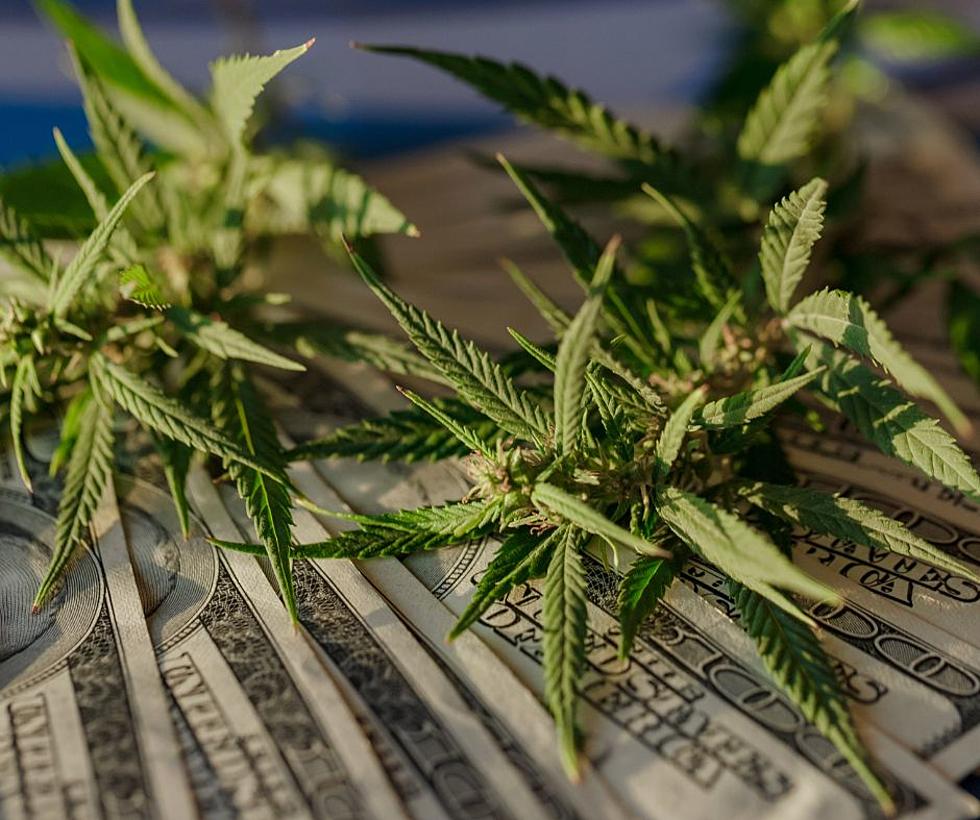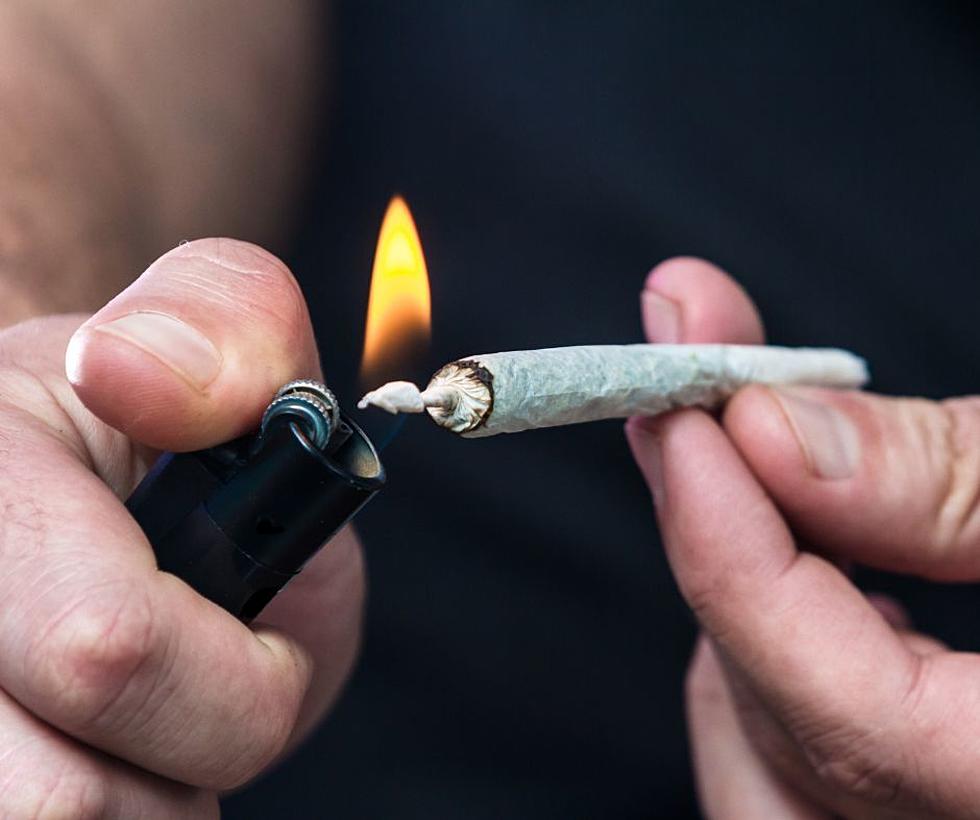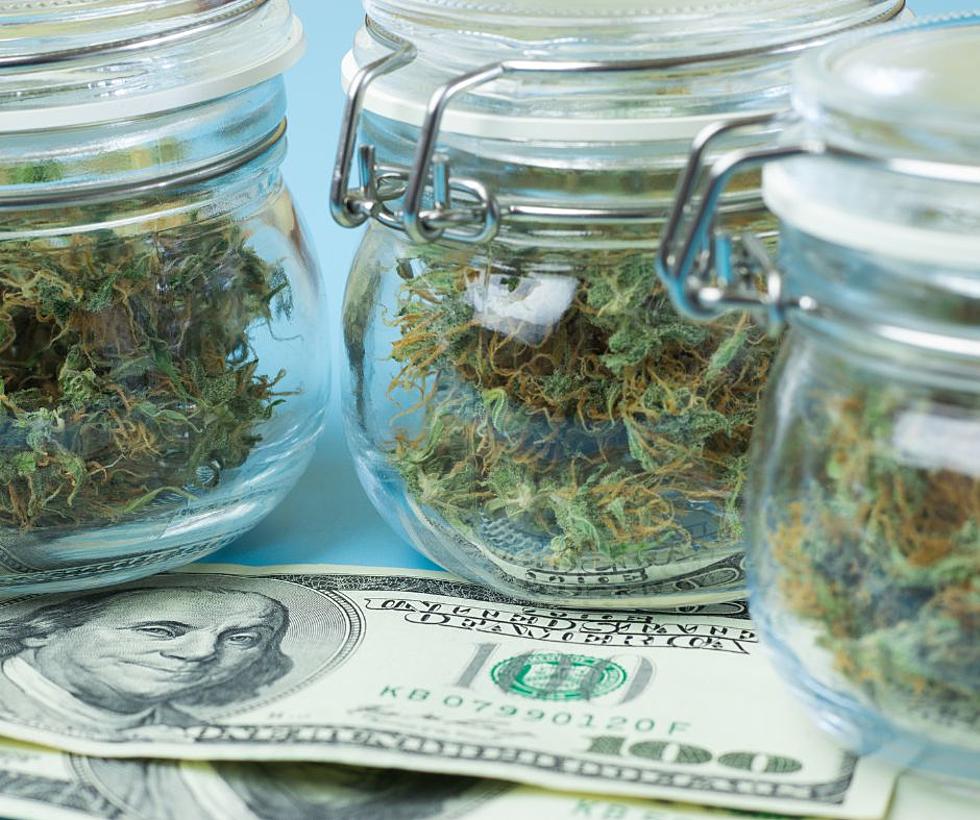
Illinois Senate Passes Legal Weed Bill, Sends Back To House
The bill, which was amended by the Senate, now goes back to the Illinois House, which indicated in social media posts it would take quick action on it.
Under HB 1438 adults 21 and older could legally buy marijuana from licensed dispensaries and could possess up to one ounce (28 to 30 grams). The Executive Committee approved the plan 13-3 on Wednesday night.
The bill gives local jurisdictions the opportunity to opt out or put restrictions on dispensaries, and mandates packaging of pot be sealed and labeled. If passed, recreational marijuana would be legalized in Illinois on January 1, 2020.
Chicago Democratic State Senator Heather Steans has managed to garner some Republican support in her quest for Illinois to join 10 other states in allowing recreational use. She appeased law enforcement by changing the legislation to limit homegrown pot to qualified medical-marijuana patients. And she tightened a provision that allows people with past convictions of possession of 30 grams to one pound (500 grams) to get those records expunged.
The differences in home grow regulations reflect how states view the competing arguments about home cultivation: Opponents say it fuels the black market sale of the drug while proponents argue that if businesses can sell it, they should be able to grow it.
"We don't say anywhere in this country that people aren't allowed to have a small craft brew at their house if they want to, and I think the same rules should apply here," said Kris Krane, president the Phoenix-based cannabis business 4Front Ventures.
She acknowledged that the change is a concession to law enforcement in order to win approval for the measure, but she noted that many lawmakers have concerns about product safety, as well as illegal sales.
"One of the reasons we're going to tax-and-regulate is to make sure you're not getting product that's got issues," Steans said. "By limiting that (home grow) significantly, you reduce the problems."
Governor Pritzker has opined that legalization could net Illinois upwards of $500 million in tax revenue.
More From 96.7 The Eagle









